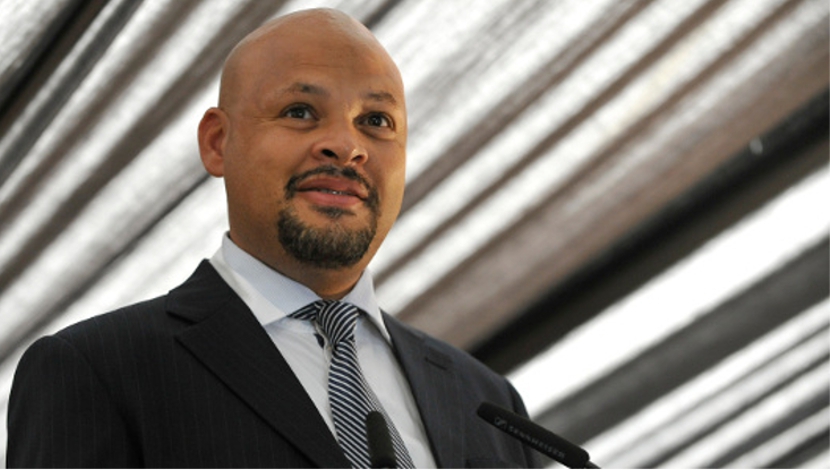
Construction materials
company AfriSam CEO Rob Wessels expects
“a tough 2019”, especially amid ongoing political and policy uncertainty.
Wessels was, on Thursday, joined by political
analyst Aubrey Matshiqi and AfriSam sales and marketing executive Richard Tomes at a
briefing post Tito Mboweni’s delivery of
his 2019 Budget speech on Wednesday.
Matshiqi called on South Africa to
“maintain a ray of hope”, even though he expected the uncertainty would likely
continue for the next five years.
With political and policy uncertainty acting as
constraints, Tomes said that, should this continue, the construction sector
would be adversely affected, especially considering that the sector relied
heavily on policy and political certainty, which could impact on long-term
infrastructure investment.
However, looking ahead, he believed the resolution
of certain issues could see the market turn again, with a growing confidence in
the private sector with regard to investments in the industry.
He specifically referred to the Mining Charter, more
certainty around land expropriation, and concerns around the upcoming national
elections, as factors.
Econometrix chief
economist Dr Azar Jammine, told
delegates that even though negativity and underperformance remain rife, the
South African economy is not on the brink of collapsing.
Referring to Mboweni’s Budget speech, Jammine
highlighted that the strong infrastructural investment drive, the will shown to
improve the quality of education, as well as
the improved governance and management of State-owned entities (SoEs) were
“steps in the right direction” towards achieving GDP growth and job
creation targets.
However, Tomes said “there isn’t much to suggest
that we’re going to see a quick upturn in terms of real spend”.
The National Treasury had, on Wednesday, announced
that it would be reprioritising resources towards
President Cyril Ramaphosa’s infrastructure fund, and
that it would be injecting R100-billion into the fund over the next decade.
Despite this being a positive initiative, Tomes
noted that the construction industry
was not “much more encouraged than a year ago”. Considering the low confidence
levels in the sector, he believes it will still be a while before the industry
starts to see the results of this investment.
Currently, there is not enough confidence in the
sector to encourage capital investment, Jammine added.
Tomes remains confident that the industry “has
bottomed out”. He anticipates that, moving forward, companies will become more
competitive in striving to remain afloat.
However, tough times aren’t over, he warned,
especially since no major infrastructure projects have replaced
the Kusile and Medupi power station projects.
Until we start to see some big civil projects coming
through . . . companies will be under strain for a while.”
Tomes told Engineering News
Online that AfriSam had started seeing the benefits of its cost-cutting initiatives
over the last three years.
Of these initiatives, he highlighted AfriSam’s business restructuring,
the removal of inefficient capacity, as well as the removal of some fixed
costs. “But overall, there is way too much capacity and oversupply of cement,” he said,
adding that imports were exacerbating the problem.
AfriSam is
looking to approach the Department of Trade and Industry and the International
Trade Administration Commission for assistance in reducing the volumes of cement imports.
Industry Insight senior economist David Metelerkamp, said despite a stagnant South African economy, the
government’s planned infrastructure spend for
2019 was a “sign of stabilisation”.
However, he warned that SoEs still posed a major risk and that these were key to unlocking growth in the construction industry. http://www.engineeringnews.co.za/article/afrisam-expects-tough-2019-amid-continuing-political-policy-uncertainty-2019-02-21
More news
- ROMPCO SHOWCASES ITS CONTRIBUTION TO REGIONAL INTEGRATION MMEC 2024
- LICHTENBURG SOLAR PROJECT FOSTERS GROWTH AND HOPE IN EMBATTLED COMMUNITY
- PART 1: WORLD EARTH DAY: CIRCULAR ECONOMY APPROACH AND THE WORLD’S PLASTIC PROBLEM
- EMPOWERING WORKERS BY INCENTIVISING RESPONSIBLE WORKPLACE BEHAVIOUR
- WCA ANNOUNCES SPEAKERS FOR ITS GLOBAL CONFERENCE

